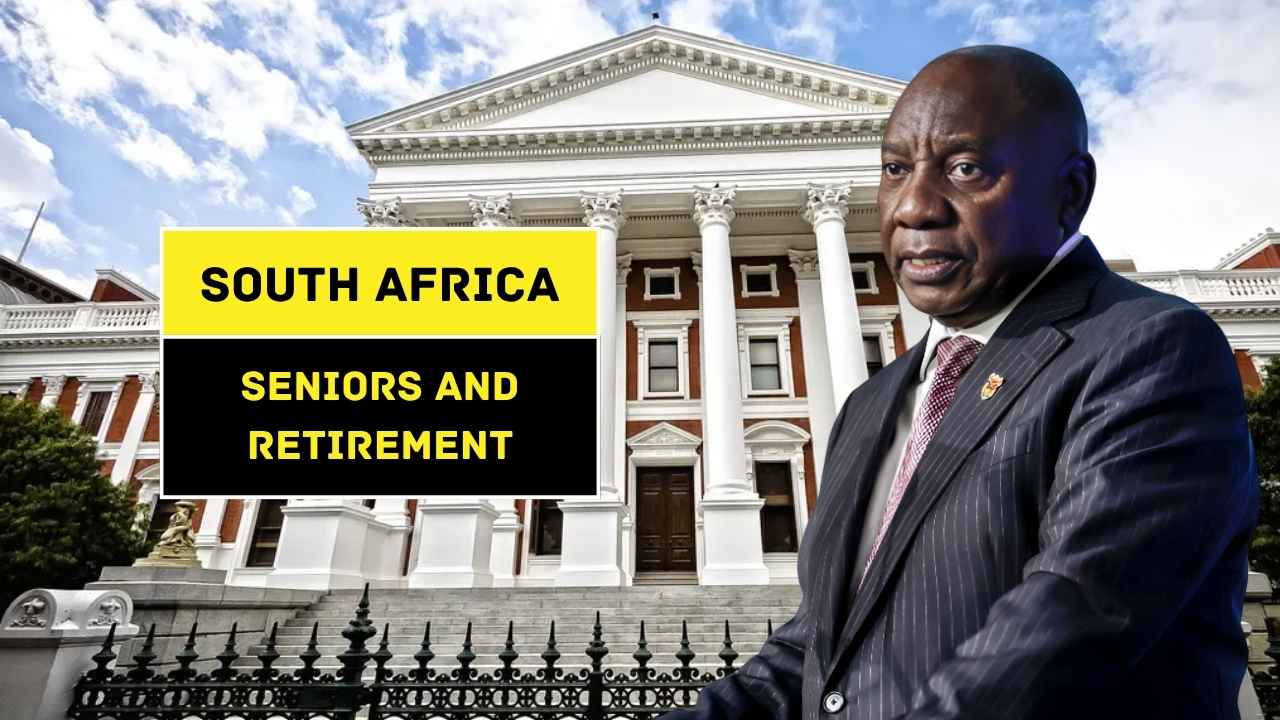Retirement in South Africa is no longer defined by a single age. Many workers, particularly in the private sector, are reconsidering the traditional milestone of retiring at 65. Changes in workplace norms, life expectancy, and financial planning have made retirement a more flexible concept than ever before.
Changing Retirement Norms in the Private Sector
For employees in the private sector, there is no legally fixed retirement age. Companies often set their own policies, which are typically outlined in employment contracts and pension agreements. This flexibility allows some workers to extend their careers beyond 65, while others may choose to retire earlier based on personal or financial considerations.
Public Sector Retirement Guidelines
The public sector has clearer retirement rules. Government employees usually retire at 60, with an option for early retirement at 55. Early retirement reduces monthly pension payouts, as the benefits are calculated based on years of service and contributions. Although discussions about increasing the retirement age have circulated, there is currently no formal legal backing for these changes.
Planning for Early Retirement
Workers considering early retirement must carefully assess the financial impact. Retiring before the standard age can lead to smaller pension benefits, which requires thoughtful planning to maintain long-term financial security. Many seniors now plan strategically to ensure they can retire comfortably, even if they leave the workforce earlier than anticipated.
Differences Between Public and Private Sectors
The retirement experience in South Africa varies significantly depending on the sector:
- Public sector: Mandatory retirement at 60, with optional early retirement at 55. Pension benefits are adjusted if retiring early.
- Private sector: Flexible retirement policies determined by employers. Employees can negotiate retirement terms through contracts and pension plans.
Potential Changes to Retirement Age
There has been ongoing speculation about increasing the retirement age in South Africa to 65, 67, or even 70. However, no official government announcement has been made, leaving many seniors uncertain about what to expect. For now, public sector rules remain as they are, and private sector retirement continues to depend on company policies.
Adapting to a Longer Life
As life expectancy increases, many South Africans are facing longer post-retirement periods. This puts additional pressure on personal finances and government resources. Flexible retirement planning has become a necessity, encouraging workers to consider options such as phased retirement, extended work, or alternative income sources to secure their future.
Key Takeaways
- Retirement is no longer tied to a single age, especially in the private sector.
- Public sector workers retire at 60, with optional early retirement at 55.
- Private sector retirement depends on company policies and personal agreements.
- Early retirement can reduce pension benefits, making financial planning crucial.
- Speculation about raising the retirement age exists, but there is no legal confirmation.
Frequently Asked Questions
What is the typical retirement age in South Africa?
Public sector employees usually retire at 60, while private sector employees have flexible retirement options.
Are there official legal changes to retirement age?
Currently, there are no legal changes officially increasing retirement age.
What happens if someone retires early in the public sector?
Early retirement in the public sector reduces monthly pension benefits, which are calculated based on years of service and contributions.


